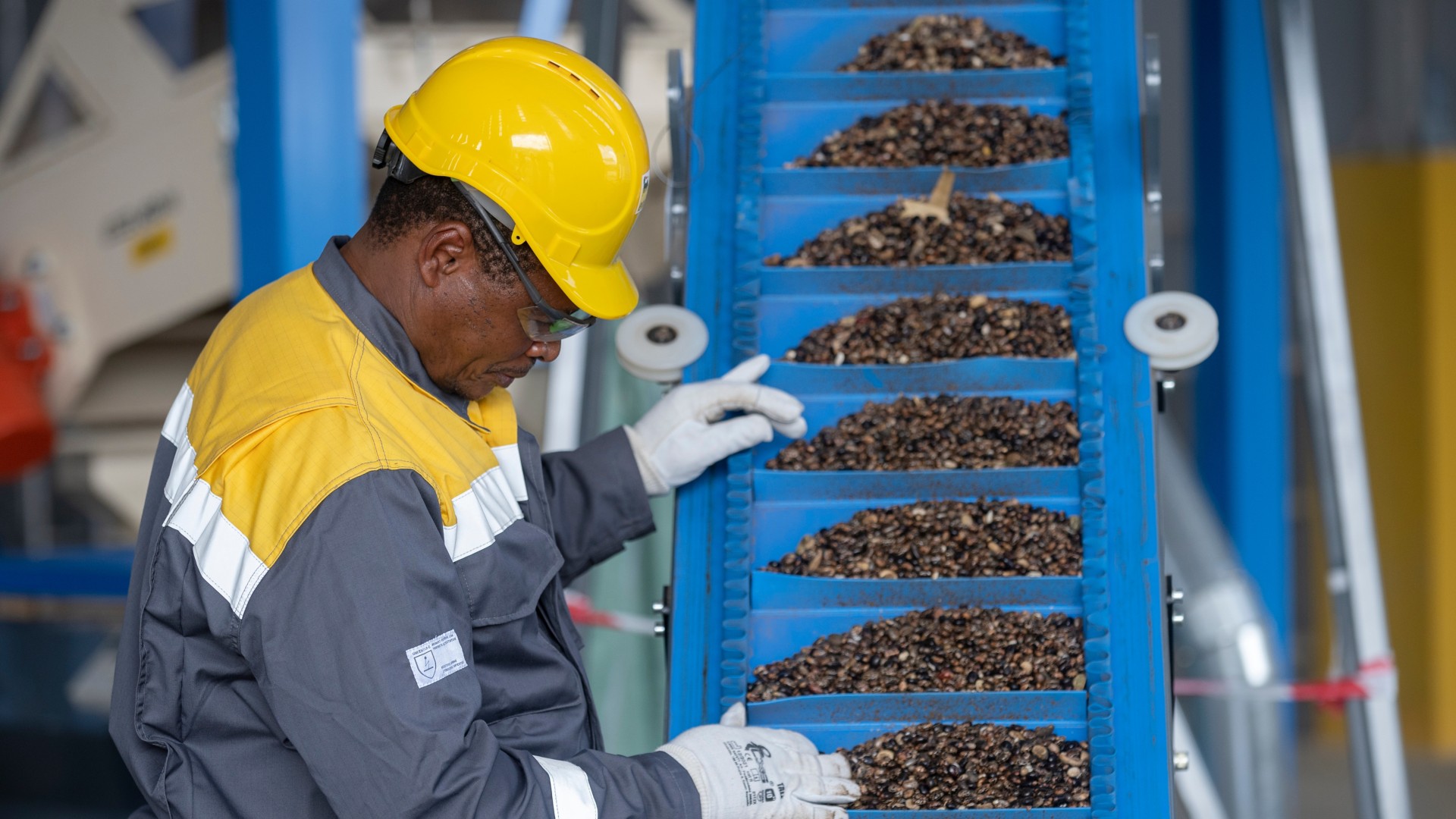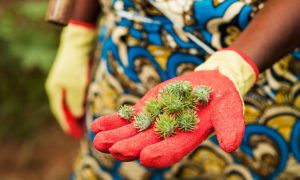- SUSTAINABILITY

MyEni Login

The global certification system ISCC (International Sustainability & Carbon Certification) has issued its first EU Low ILUC certificate to Janari Farms, Eni’s partner in Kenya and an agricultural aggregator, for the production of castor seeds used to obtain vegetable oils suitable as agri-feedstock in biorefineries. The certification confirms compliance with EU standards aimed at ensuring that biofuel production does not indirectly shift agricultural land intended for food and feed production towards biofuel production. The recognition awarded to Janari Farms confirms Eni’s sustainable approach to agri-feedstock production for biorefineries, supported by regenerative farming practices designed to improve soil fertility and reduce carbon impact. The agri-feedstock programme, promoted by Eni in several countries, among them Kenya, Angola, Mozambique, the Republic of the Congo, Côte d’Ivoire, Rwanda, Vietnam, Indonesia, Kazakhstan and Italy, promotes regenerative practices and provides support to local communities through the involvement of local partners such as Janari Farms.
Eni partner Janari Farms obtains Low ILUC certification
The EU Low ILUC certification issued by ISCC to Janari Farms, Eni’s local partner and agricultural aggregator in Kenya, is specific to the biofuel supply chain. It certifies that castor cultivation has avoided a direct and indirect repurposing of land used for food and feed crops. ISCC is one of the world’s leading certification systems, with over 12,000 valid certificates across more than 130 countries. The EU Low ILUC certification marks a significant achievement for Eni, as it demonstrates that agri-feedstocks for biorefineries can be sourced in an increasingly sustainable manner. It confirms that these crops result from virtuous practices, including improved soil management, the use of modern machinery, and the cultivation of degraded land, helping to restore soil fertility.

Bernard Muiruri – Bonje Agrihub Plant manager Eni

Varieties of oilseed crops grown in Kenya

Agri-hub workers

Eni's agri-hub in Kenya
Direct and indirect land use, agricultural yields and virtuous practices
The Low ILUC (Indirect Land Use Change) certification assesses the reduction of land exploitation not only at a direct level but also indirectly. Land use change refers to the direct transformation of land from one type of use to another, such as converting forests into agricultural land - a process that is never an option under ISCC certification. Indirect land use change (ILUC), on the other hand, includes changes that are more difficult to detect, such as when crops grown for bioliquids displace food and feed crops on existing agricultural land, leading to the conversion of non-agricultural land into farmland. At Janari Farms, farmers cultivated castor on severely degraded land identified by local authorities. Agri-feedstocks produced in compliance with Low ILUC standards have a lower carbon impact, as they help preserve natural habitats - such as forests, grasslands, and wetlands - that naturally absorb and store carbon in the soil. Moreover, the regenerative agricultural practices associated with these standards can increase soil organic carbon and enhance overall soil fertility, paving the way for new food production in the future.
Biofuels provide a key contribution for more sustainable mobility
The transition to zero-emission transport requires an integrated approach, where biofuels are proving to be a quick and effective solution.
The strategy of Eni’s agri-feedstocks
The development model for agri-feedstock initiatives represents a distinctive element of Eni’s vertical integration in the biofuel supply chain. Its goal is to supply biorefineries with vegetable oils obtained from raw materials grown on degraded land identified by local authorities or derived from the recovery of agro-industrial and forestry waste and residues. Eni’s agri-feedstock programme is a unique feedstock production model that ensures an increasingly sustainable supply for Enilive biorefineries. This network of agricultural hubs stems from Eni’s strategy to ensure an increasingly sustainable supply for Enilive biorefineries. This system is aimed at creating new economic opportunities for local farmers, contributes to the regeneration of marginal and degraded land and promotes a more efficient use of natural resources. The first agri-hub was launched in Kenya in 2021, and additional hubs are now operational in Angola, Mozambique, and Côte d’Ivoire. The initiative is also being developed in other countries, including the Republic of the Congo, Rwanda, Vietnam, Kazakhstan, and Italy, at various stages of implementation.
Don't miss a single update
Sign up to our newsletter and activate your e-mail alert to discover the insights from the world of Eni
Privacy Policy
I, the undersigned, state that I have read the eni.com Privacy Policy.
Processing of personal data
Eni S.p.A., as the Processing Owner, informs users that their personal data will be processed in accordance with the provisions envisaged in REGULATION (EU) 2016/679 ("GDPR") with the methods and for the purposes indicated in the Privacy Policy. I, the undersigned, state that I consent to the processing of my data for:
Eni.com is a digitally designed platform that offers an immediate overview of Eni's activities. It addresses everyone, recounting in a transparent and accessible way the values, commitment and perspectives of a global technology company for the energy transition.
Discover our mission
























